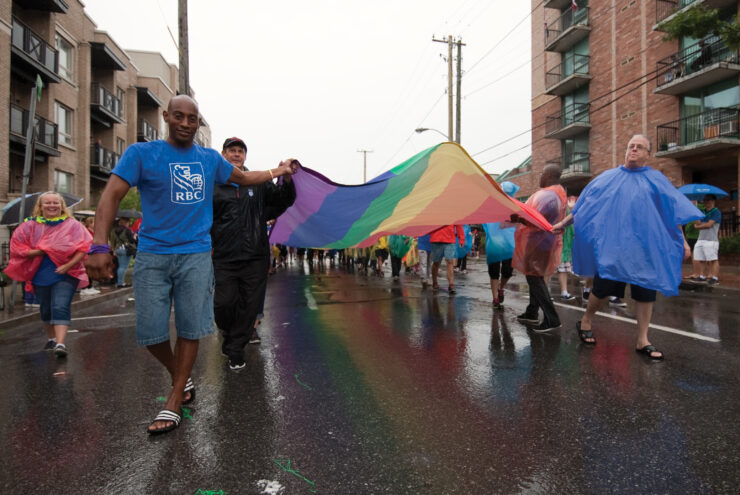English grad students critically analyze literature in age of ecological crisis
The English Graduate Student Association is gearing up for their annual international conference, taking place this year from March 9-11 on the topic of literary studies in an era of increasing environmental awareness and ecological crisis.
The theme for the conference, entitled Rethinking Nature: Literary Studies in an Age of Ecological Crisis, was inspired by the number of natural catastrophes last year, like the forest fires in British Columbia and Fort McMurray, and the warning signs—like bee populations—that many of us are ignoring or don’t know how to deal with, explained Paulo Castilho, a third-year PhD student in the University of Ottawa’s department of English, who is also a conference organizer.
“How do we, as scholars, deal with this topic of our relationship as humans with the non-human world? It came from things that we can observe today, but it is a concern that spreads for more than just this particular age, and it is something that has been written about for a very long time,” Castilho said.
“Environmental concerns, the warnings we’ve seen, the catastrophes, that made us think: maybe this is the time to for us to take this conversation again and maybe change the perspective a little.”
The conference is wide-ranging, but all topics deal, in some way, with our relationship to the natural world. There are panels on animal theory and animal rights, co-existing with nature, consumer society, geographical spaces in literature, environmental activism, and a creative writing panel on how the current age of ecological crisis affects creative writing.
“I think those conversations together will form a really good debate on this entire topic,” Castilho said. “The conference will have something for everyone who’s interested in anything related to this. It will be a quite a broad discussion.”
There are 32 presentations, with only four being from students in the U of O’s English department. The rest are from various departments across the university, and from other schools as far afield as Germany. Areas of study include education, anthropology, and philosophy, in addition to literature.
Conference organizers Castilho, Patrick Williams, and Patricia Gonçalves had a call-for-papers that reached as far as India, though the wide variety of conference paper submissions didn’t surprise them, as a diverse conference was their goal. They listed quite a few topics to include as many voices as possible.
“We know this was a very broad theme, and we wanted it to be that way. We wanted to have as many conversations from as many perspectives as possible,” Castilho said.
The conference will feature keynote speaker Dr. Hillary Cunningham Scharper, an anthropologist and creative writer whose work has been labelled “ecogothic” in the way it combines elements of gothic literature with environmentalism and a critical approach to the Anthropocene.
The conference runs March 9–11 in Hamelin Hall room 509 and is open to the public, with no fee or registration needed. Anyone interested in attending can email uottawa.conference@gmail.ca for more information.






